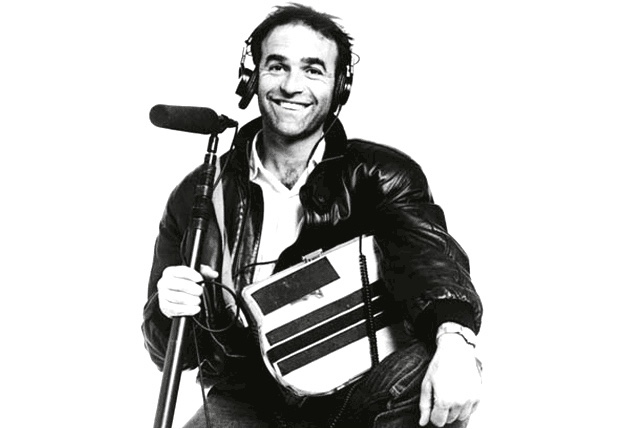Nick Broomfield is a British documentary filmmaker who his famous for his works on Aileen Wuornos and his reflexive style. Broomfield uses reflexive mode in his documentaries, which reflects on the fact that the film is a documentary, to keep the aim of the interviews in mind as he investigates usually controversial and difficult topics to approach. He tends to directly interview people and look into subjects in a speculative way to find an answer to situations, or bring light on them.
“Broomfield, like Michael Moore, has developed a participatory, performative mode of documentary filmmaking. Broomfield is an investigative documentarist with a distinctive interview technique which he uses to expose people’s real views. Like Watkins, he keeps the filmmaking presence to a minimum, normally with a crew of no more than three. He describes his films as ‘like a rollercoaster ride. They’re like a diary into the future.’”
Broomfield’s objectives:
Broomfield is known for investigating the most real and personal aspects of peoples’ lives, as seen in Aileen: Life And Death Of A Serial Killer (Nick Broomfield, 2003). His films are realistic in their depiction of real people, often remaining casual by simply showing events with narration by Broomfield to guide the audience on his views and context of certain interviews or events. He also remains unbiased on a subject, only giving his personal thoughts to show the audience why he is doing what he is doing, and often interviewing a wide range of people involved in the subject matter to get a good narrative of events and investigate thoroughly the subject matter from all angles.
Broomfield’s Style:
Broomfield usually shows present day events in chronological order, occasionally using footage and interviews from the past to emphasise his point. He comments on his own status as a documentary filmmaker, but also focuses on the subject matter at hand, typically showing events in a way that immerses the audience and keeps them entertained while also revealing facts about the subject. His reflexive style is what he is known for, and is considered as influential to other documentary filmmakers , which shows how famous Broomfield is for his style. He makes comments on why and how he is collecting evidence for his documentaries, and sometimes talks about the production of the film itself, directly acknowledging its purpose as a documentary. This can be seen in Driving Me Crazy (Nick Broomfield, 1988) where Broomfield specifically discusses his role as a documentary filmmaker.

You must be logged in to post a comment.